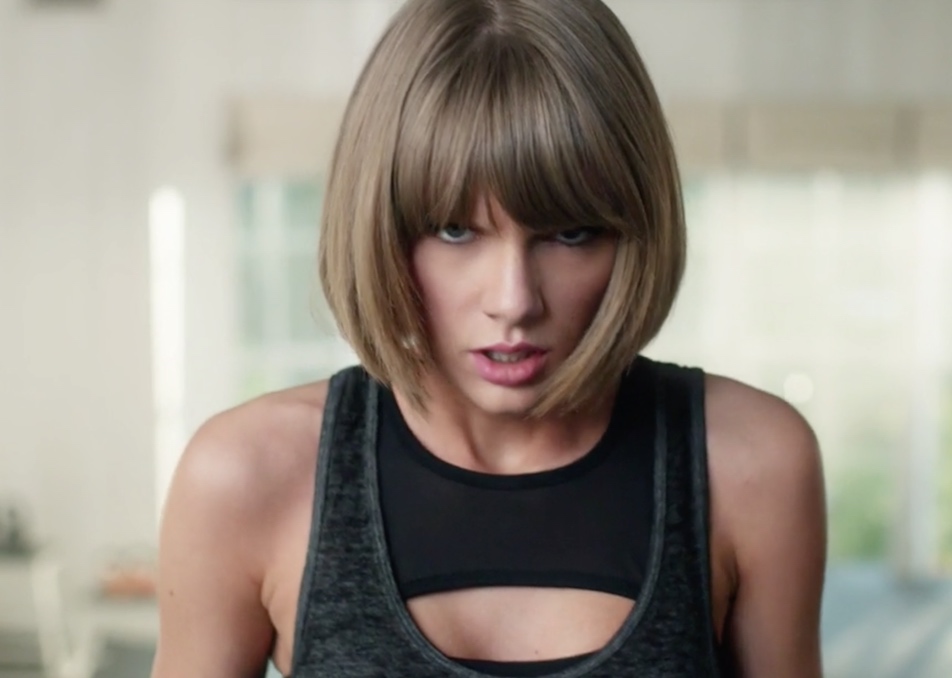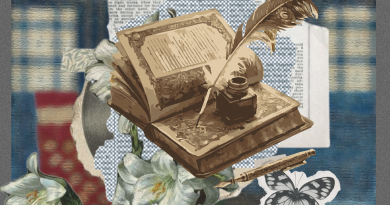Digital Music Subscriptions Have Finally Arrived
Music. We all listen to it. We all love it. Whether you have a preference for pop or an affinity for alternative, we all have to get our fix one way or another. The question is, how?
These days, there is no shortage of music platforms. The more traditional among us can still purchase vinyl records and compact discs, but I think it’s safe to say that most people enjoy digital music in some form. Songs can be paid for and downloaded individually through services like iTunes or Google Play. Music can be streamed with paid services like Spotify or free services like SoundClound. There are digital radio services such as Pandora and SiriusXM. For the more patient among us there is always YouTube and for the most demanding among us there are still websites full of free pirated music to download illegally.
I know a lot of people do not like to pay for music. I can understand this. Why pay $1.29 for a song you may only listen to for a month and then get tired of? Why pay $10 for an entire album when you may only like two or three songs off it? Furthermore, if you have an iPhone, the memory is not expandable, so every song you download takes up valuable space. Having to pay for and download individual songs is a business model that inhibits the discovery of new music due to a fear of wasting one’s money. This is why Pandora was so successful. It let you listen to both tried and true songs as well as new music without having to pay for anything and without having to commit to anything.
I used to be a huge fan of Pandora. Not only did they play many songs that I already knew and loved, but—more importantly—they exposed me to new songs that I ended up adding to my personal collection. Not a huge fan of commercials, I upgraded to Pandora One, which cost $6 a month. It was well worth it.
But many of my friends had issues with Pandora all the same. Even those who paid to remove the commercials complained that they could never listen to a particular song when they wanted to. They could only make that song a radio station, for instance, “Bad Romance Radio Station,” and hope that Pandora’s algorithms played that song first or at least quickly. Furthermore, a radio station is only helpful when you’re feeling relatively indifferent about what you want to hear. You have to be willing to listen to some songs you have never heard or don’t particularly want to hear at the time. Pandora’s limited number of song skips ensured this. Lastly, using the “Like” and “Dislike” buttons could hurt the user experience. If you “liked” certain songs, Pandora would play these songs over and over. And if you “disliked” a song, Pandora would never play it again, despite the fact that you may not have been in the mood for it at the time but would gladly listen to it in the future. I quickly learned to never touch these buttons and to let Pandora do what it would.
Apple Music fixes all of these problems. For $10 a month (or $15 for a family plan) you can download any and all songs that you wish to listen to. When you get tired of them, simply delete them with no resentment over money wasted. Download an artist’s new album instead of just their radio single and discover hidden gems you may love forever.
You can let Apple’s algorithms put together playlists based on what it knows you already like. For instance, seeing that I have both Sum 41 and Taking Back Sunday in my downloaded collection, Apple suggested a playlist of songs by groups who were inspired by Weezer. Some of the playlists are really eye-opening as well. One of the playlists I recently listened to selected 12 hip-hop artists that had sampled the same iconic song by the New York-based, hard rock band, Mountain. Another playlist featured songs produced by Kanye West before he got in front of the mic, a reminder that his public antics often overshadow his immense talent. My favorite playlist was a collection of songs written by Sia for other singers, including Rihanna and Ne-Yo.
And, of course, Apple has its own cache of radio stations, all with no commercials.
Should you pay for music? Yes. You should show artists that you enjoy and support what they are creating by putting your money where your mouth is. Before digital music subscriptions, I could understand the hesitancy. But now there is no excuse to continue to pirate music. $10 a month is two trips to Starbucks. Try it out. There’s a lot to love.







